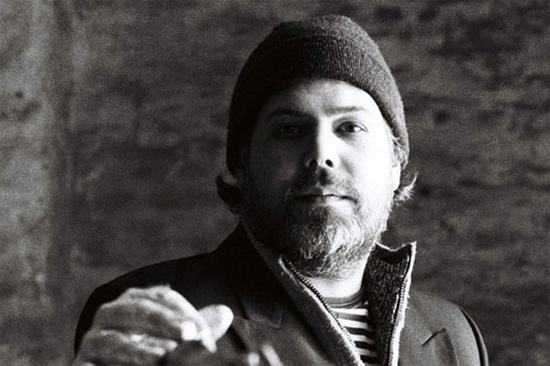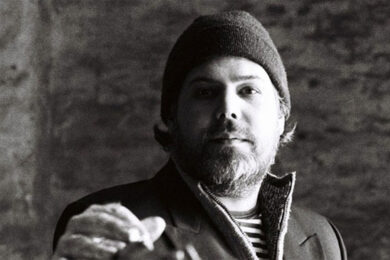As we previously reported in depth, GEMA, the organisation responsible for collecting mechanical copyright fees on behalf of artists in Germany, has recently announced its intention to increase its fees, thereby putting under threat some of Berlin’s most iconic clubs. Particularly hard hit by the proposed increases, which GEMA claims will increase fairness in the system and help put more money in the pockets of artists, will be clubs such as Watergate and Berghain/Panoramabar, who put on events that run throughout the night. Berghain, for example, faces a fee hike of 1,400%. There is currently a petition running online, which you can sign here (with the aid of Google translate, for non-German speakers).
Earlier this month, the Quietus’ Eleanor Careless spoke to Nick Höppner, the manager of Berghain/Panoramabar’s Ostgut Ton label, for an interview due to be published on the site this week. The interview was based around his excellent new mix CD Panoramabar 04, the latest in a series of mixes that represents the club’s sound (previous instalments have come from residents Cassy, Tama Sumo and Prosumer). But he also discussed the proposed changes, and suggested that although the threat appears severe, his opinion is that something positive could eventually come of the conflict between GEMA and protesters in Berlin.
"That’s a big problem now," said Höppner. "There is quite a huge opposition to this, and there has been a demonstration last week, with 5000 people in Berlin. I think it’s a really serious threat to nightlife in Berlin in general, because the reformation of the tariff system is completely blown out of proportion. And the problem is not just the ridiculous fees they’re asking, but the unfair distribution of the money."
He suggested, though, that it’s possible that GEMA are suggesting such a massive jump-up in fees in order to reach an affordable settlement somewhere in the middle. "There are a lot of economic factors to consider," he explained. "The lobbyists tried to put pressure on GEMA to reconsider, and there are thoughts that GEMA came up with the ridiculous reformation plan just to realise a much lower reformation – which is still a lot higher. But it’s like they’re playing poker, and suggesting something really ridiculous to produce a good result. There will be a reformation, clubs will have to pay a lot more, but in the end it will be reasonable.
"I think there is something positive to come of it," he continued. "GEMA is like an old taxlord. Their structure is not contemporary at all, they slipped under the digital revolution, they are only catering for mainstream artists. This whole process may instigate a reformation of GEMA, so that things are really transparent, and people’s music will be played accordingly and transparently. I hope so."
When asked whether he felt that GEMA’s proposed reforms might end up destroying the German club scene as we know it, Höppner emphasised the importance of club culture as an industry in its own right. "This would be too much of a price," he said. "Berlin is full of nightclubs. And there have been so many spinoffs. In and around Berlin there are so many electronic music festivals. It’s a proper industry. Hundreds and thousands of people depend upon it, doorstaff, bar staff, DJs, the ones who are cleaning the buildings, it’s huge. It’s too huge to risk it. And also it’s attracting tens of hundreds of tourists every year."
Watch out for the full interview on the Quietus later this week, where Höppner discusses his approach as a DJ, the simple concepts that lie at the roots of techno and house, and the development of Berghain over the past ten years. UPDATE: You can read the full interview here.



